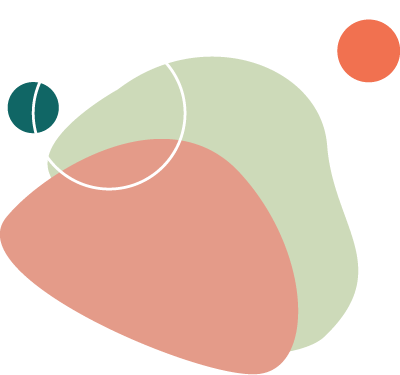Abortion Network Amsterdam
Network of support for women and pregnant people who don’t have access to safe abortion


Why is our work necessary?
The Netherlands is the only country in European Union and one of the only countries worldwide with legislation that allows for abortion on demand until 23 weeks. With laws around reproductive justice becoming more strict all over the world, it is essential that there is an abortion solidarity collective that helps people get the care around abortion they choose for in a country that provides this type of healthcare until in the second trimester of pregnancy.
On October 22, 2020 it was ruled that women in Poland could only receive an abortion in cases of rape, incest or when the pregnant person’s life is at risk. This means that abortions in cases of foetal abnormalities are ruled illegal. It is estimated that this was the reasoning behind as much as 97% of abortions in Poland. As a result, people were forced to travel abroad for abortions even more than before. After the ruling was in place we saw a peak in the demand for our services, which continues until this day.


Support Abortion Network Amsterdam
We rely on donations from our supporters and volunteer work from people living in the Netherlands and abroad. If you are able to, please consider making a small, monthly donation. It would mean the world to us and all the people we help access abortion in the Netherlands. Any amount helps.
